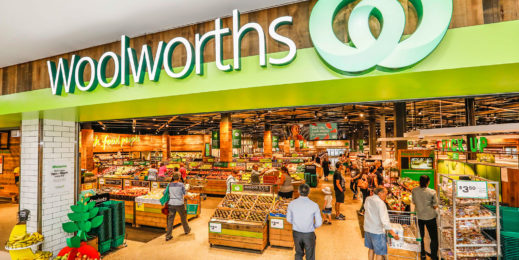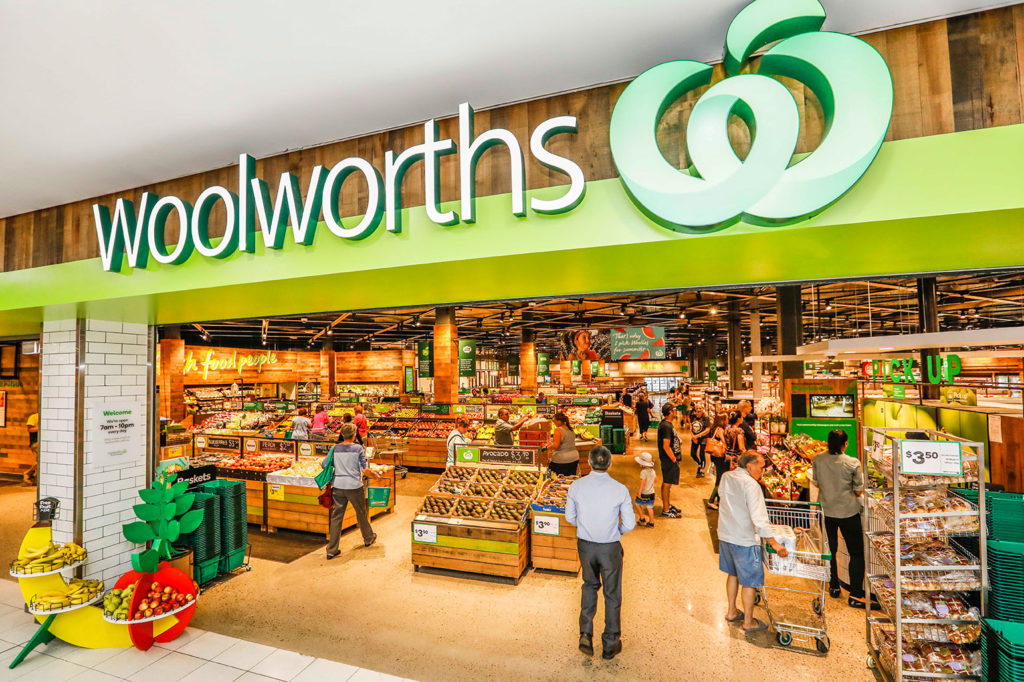
Woolworths completes large-scale SAP cloud transformation, improving efficiency, flexibility and speed to market
When major Australian retailer Woolworths Group migrated its business-critical SAP system to Microsoft Azure, it knew it would be a big job – in fact, it would turn out to be one of the largest SAP cloud migrations undertaken in the Asia Pacific & Japan region.
The migration enabled Woolworths Group to be more agile, resilient and responsive to the changing needs of its customers, while also improving its operational resiliency and reducing technology risk.
The program team updated and moved more than 20 SAP applications, 75 terabytes of data, 135 database servers and 435 application servers to Azure. This included one of the biggest SAP environments in the region, which is used to support Woolworths Group’s business processes across its retail capabilities as well as finance functions.
Despite the global COVID-19 pandemic, the transformation was achieved on time, inside the budget, and with minimal business or customer disruption. Once the deployment approach was agreed upon, it took Woolworths Group just 8 months to successfully transform its mission-critical SAP platform onto Azure. This incredible outcome was achieved due to the high degree of collaboration, using industry best practices among Woolworths Group, Microsoft, SAP, and Tata Consultancy Services (TCS).
A major milestone in the cloud journey
Woolworths Group’s SAP applications, including SAP ERP, SAP Retail for Merchandise Management and SAP Customer Activity Repository (CAR) on HANA, drive core business processes across its supermarkets, Metro stores, BIG W outlets, Countdown stores in New Zealand, and supply chain arm Primary Connect, as well as to its corporate finance and other enterprise support teams. These applications support Woolworths Group in a range of tasks, from the ordering of goods and management of inventory, to getting groceries into the hands of its customers.
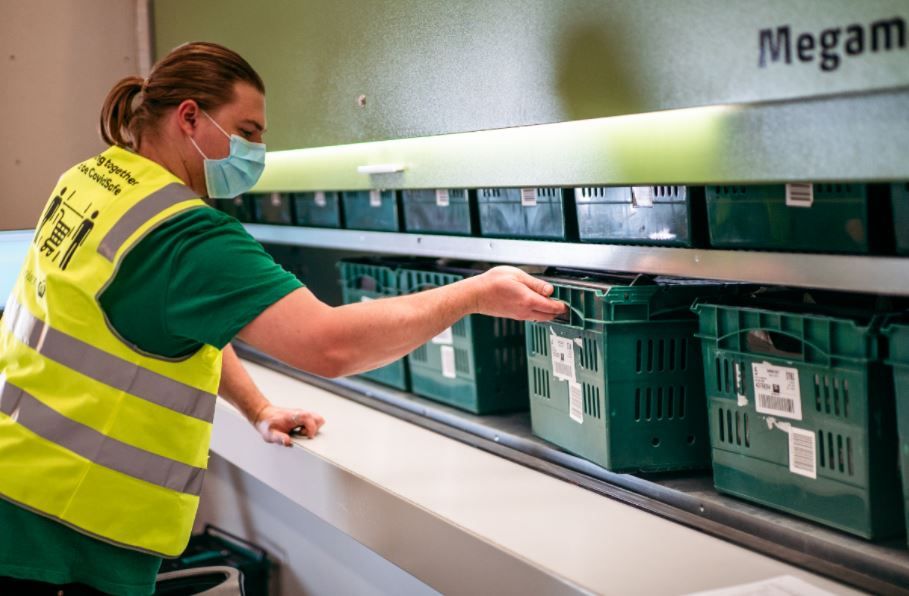
Planning for the cloud transformation project began in early 2020, with key decisions required around which cloud provider to select as well as the optimal approach to the migration. Woolworths Group was supported by its technology team, Microsoft engineers, SAP, TCS and several other partners. All in all, a combined team of more than 200 people were involved in the program.
Due to the round-the-clock nature of its retail operations and the size of the SAP application landscape, Woolworths Group needed to significantly minimise downtime. Using SAP’s specialised downtime minimisation service, Near Zero Downtime, the outage window was reduced from the potential of a few days to 17 hours. Ahead of the migration, a business verification process was conducted over three days and more than 30 teams were involved to ensure there were no disruptions to the business operations.
Alongside the cloud migration, Woolworths Group redesigned its disaster recovery capability. This improved its redundancy and resilience, which are essential for streamlining operations and delivering an excellent customer experience. Compression has also allowed Woolworths Group to halve the size of the data it now holds in Azure.
Laurence Bennett, Technology Director for Enterprise Systems at Woolworths Group, says the company’s level of stability has been impressive since migrating its SAP platform to Azure.
“Since the Production cutover in October our daily, weekly and month-end processes have been completing successfully and in some instances pleasing performance improvements. We have also experienced great uptime and performance stability through the peak Christmas trading period. It has been a fantastic achievement.
“As per any undertaking of this magnitude, there were challenges which needed to be overcome.
However, clear communication and accountability across Microsoft, TCS, SAP and our Woolworths Group teams meant we had confidence in our preparations and execution plans.
The business case for the migration was understood and supported by our Group Executive team, and we purposefully engaged senior global sponsors within TCS, Microsoft and SAP.”
While the COVID-19 pandemic was forcing lockdowns around the nation, Bennett says it didn’t slow down the project.
“The team worked remotely throughout the project, and this proved extremely successful,” he explains. “In fact, we had discussions about working in the office on the migration weekend – after the lifting of restrictions – but felt the team would be more effective working remotely given this is how all our testing and trial runs had been conducted.”
“Flexible working actually suited this type of project and was evidenced by the outcome. A lot of the project activities needed to be undertaken outside of standard office hours. Working remotely allowed team members to balance these activities with personal time and without the concern of travelling to and from the offices when tired or at odd hours of the day.”
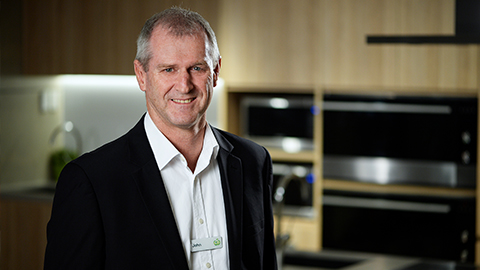
According to John Hunt, Chief Information Officer and Director of Group Enablement at Woolworths Group, the program has improved efficiency, flexibility and speed to market for Woolworths, and positions the retailer for ongoing ERP modernisation and its journey to SAP S/4 HANA on Azure in the future.
“At Woolworths Group, we’re leveraging the cloud to drive innovation and improve speed to market. Our cloud transformation is a key enabler for delivering superior customer and team experiences across our stores and digital channels,” he explains.
“As part of this cloud transformation, the SAP migration to Azure is another milestone on our roadmap in providing technology solutions for the ever-changing digital landscape. TCS, Microsoft and SAP have been long-standing partners of ours and, given their in-depth understanding of Woolworths and expertise in cloud technologies, we are pleased to have partnered with them on this strategic initiative.”
Damien Bueno, President and Managing Director of SAP Australia and New Zealand, says: “The success of the migration of such a significant SAP application footprint to Azure – one that supports Woolworths to order goods, drive promotions, manage inventory and, ultimately, make sure that groceries get to customers – was only made possible through strong collaboration and by all parties adopting a ‘one team’ mindset.
“Working together towards a common goal resulted in the project being completed on time, meaning that Woolworths’ critical business processes, which run on SAP, experienced minimal disruption. By continuing to engage and share expertise in the same way moving forward, we will support Woolworths to reap the business benefits of this migration and other SAP programs in the future.”
With many years of experience working with Woolworths Group as its strategic partner, TCS was well-prepared to help transform its business-critical SAP landscape.
“The success of the program was our number one goal, and we knew how important it was to team up with Microsoft and bring our full contextual knowledge of SAP, cloud migration and modernisation to power this large transformation,” says Ganesa Vaikuntam, Business Unit Head of Retail, Travel, Transportation and Hospitality at TCS Australia and New Zealand.
We are thrilled to enable greater agility within Woolworths and to support its continued growth and innovation.
Lessons learned from large-scale modernisation
With its core SAP platforms now in Azure, Woolworths Group is using the platform’s agility to adapt to seasonal demands on resources and embrace on-demand innovation cycles to deliver services more effectively to its customers.
Bennett says that bringing technology partners and their senior executives into the project’s steering and executive committees ensured a collaborative approach throughout. Each partner brought special skills – Microsoft’s cloud and infrastructure expertise; SAP’s product support and migration tools; and TCS’s deep contextual knowledge of Woolworths Group, as well as its proficiency in SAP solutions and large-scale cloud transformations.
Scalability and ensuring operational resilience were a key focus of the project given Woolworths’ immense breadth and scale across Australia and New Zealand, and the billions of sales, inventory, ordering, promotions and financial transactions that needed to be processed in a time-critical manner. Achieving this required thoughtful architectural designs and governance, and strong technical expertise from Woolworths Group and its partners Microsoft, SAP and TCS. It also demanded a holistic approach, including the consideration of impacts on downstream and upstream systems; flawless deployment; and a robust test strategy, with an emphasis on non-functional testing.
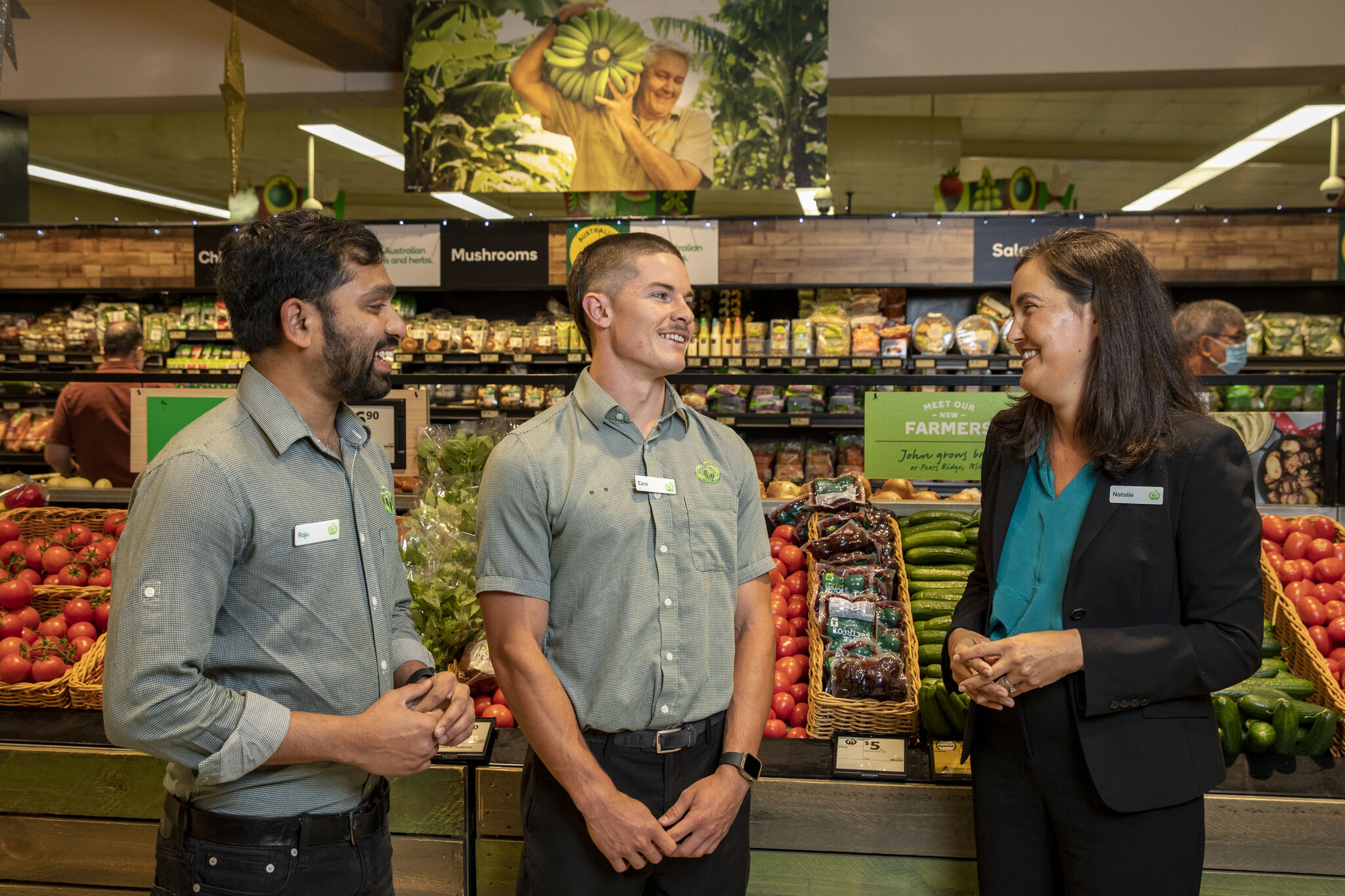
The project deployment strategy placed a great deal of focus on automation, and several rounds of migration cycle soak runs were undertaken. This detected failure points early in the schedule, which helped to refine the migration process and optimise the downtime windows.
An iterative approach to non-functional testing ensured that the systems were assessed for performance benchmarks, including for peak season volumes. Data profiling and extrapolations guaranteed the right representative workload mix, and the systems tested against the expected benchmarks were fine-tuned accordingly. This preparatory work and testing has resulted in strong performance outcomes now that the solutions are running live in Production.
The cloud transformation has delivered the flexibility, agility and performance that Woolworths Group needs to meet the ever-changing demands of its business and customers. The improved resilience and performance of its environments has led to opportunities to further explore flexible and agile solutions, positioning the retailer’s operations for ongoing success.





